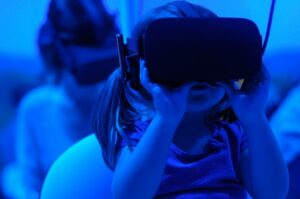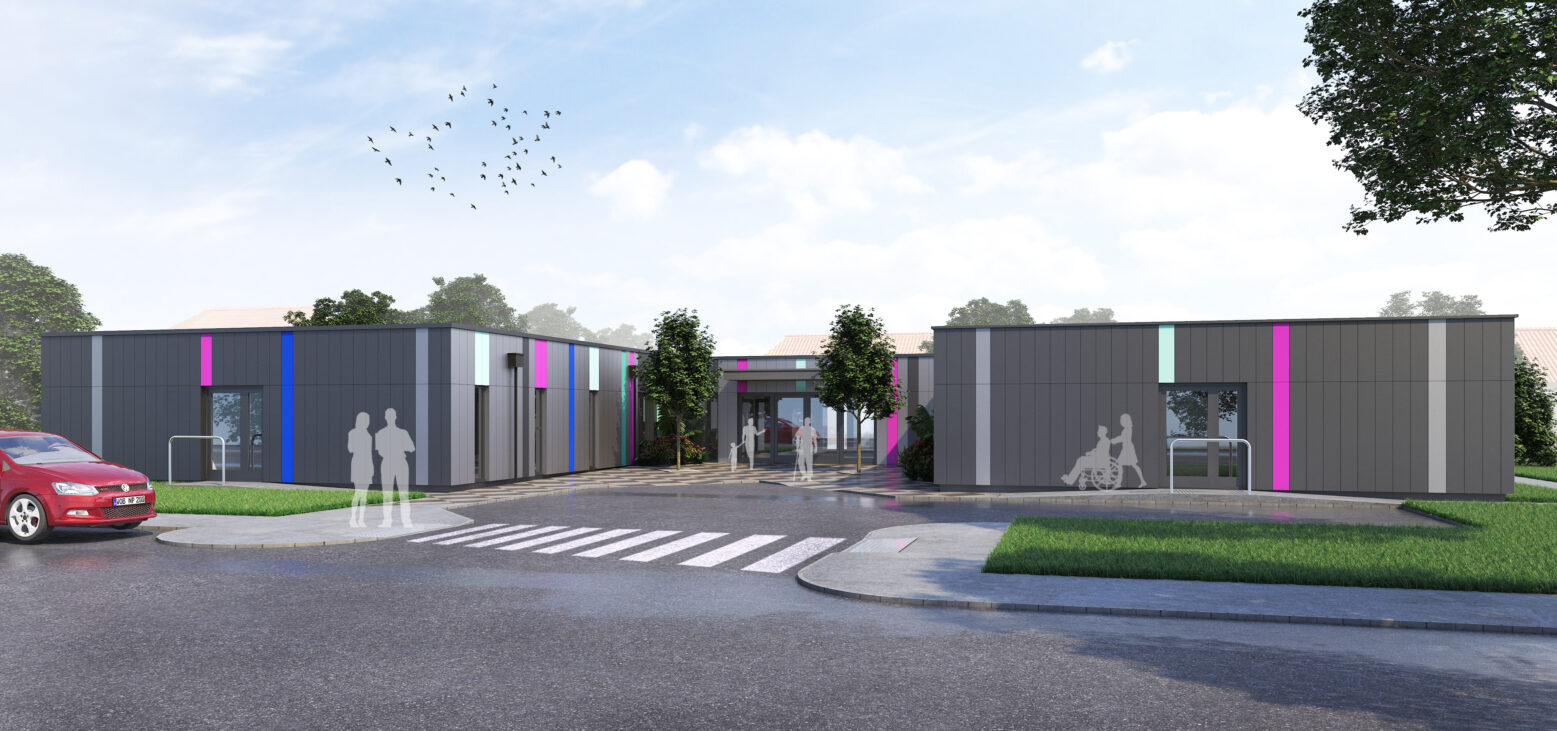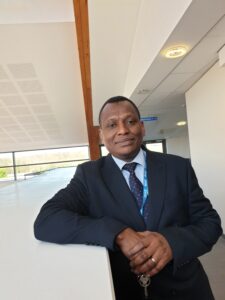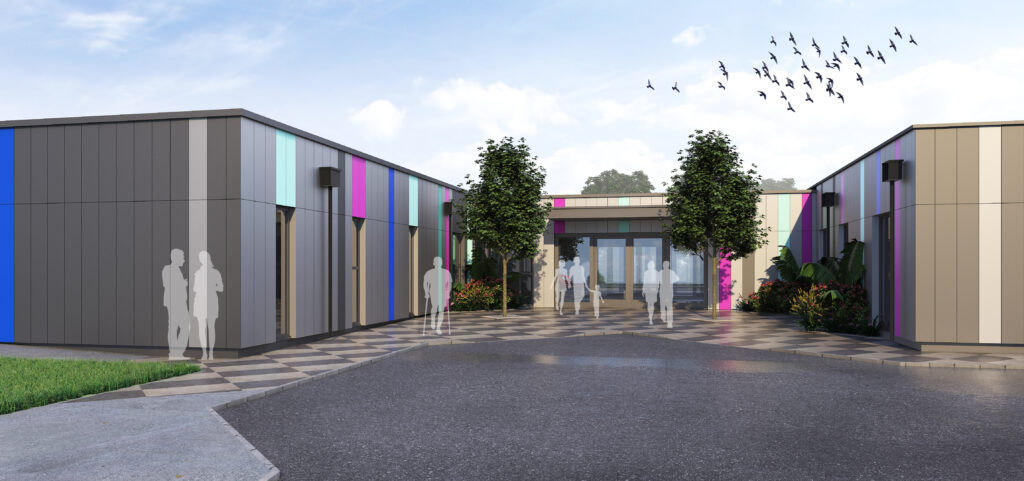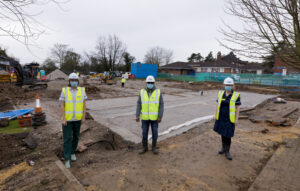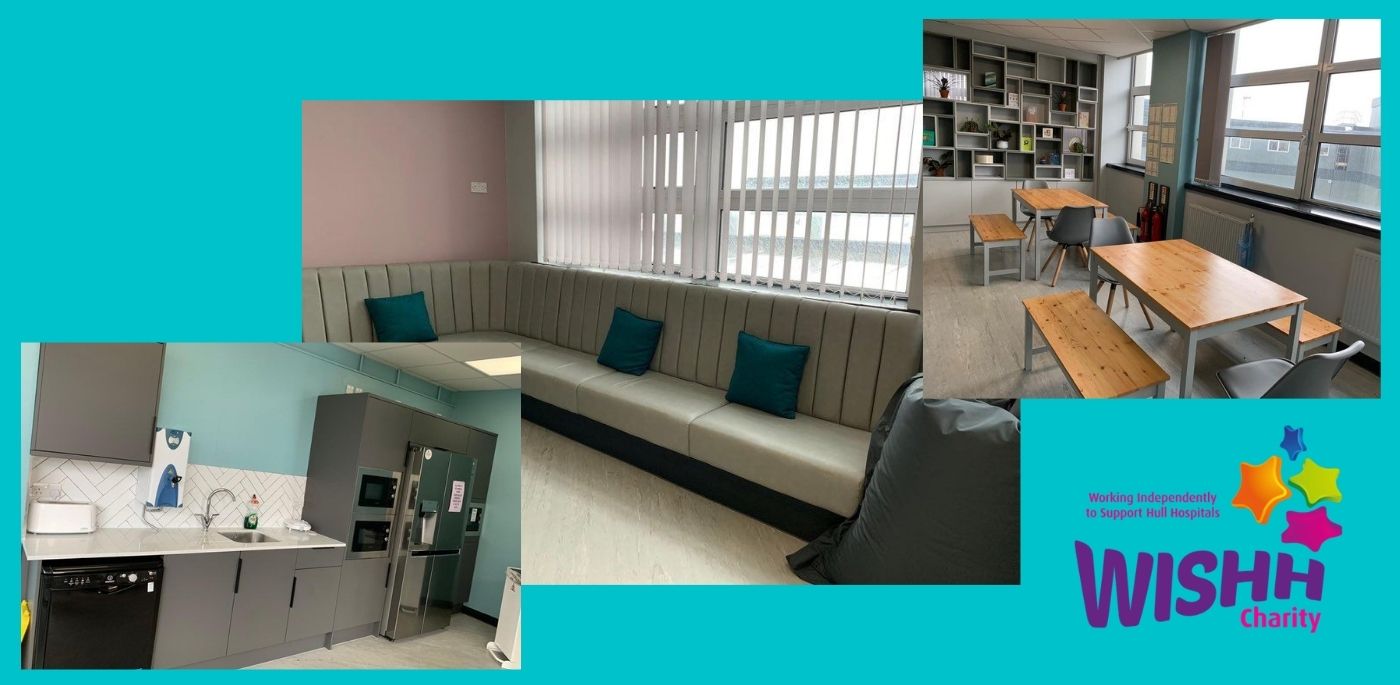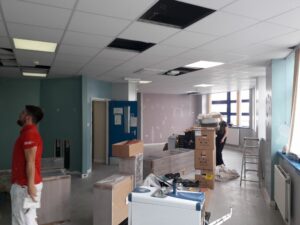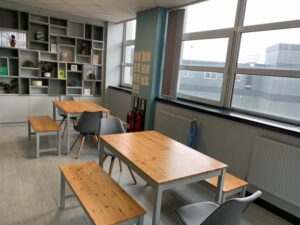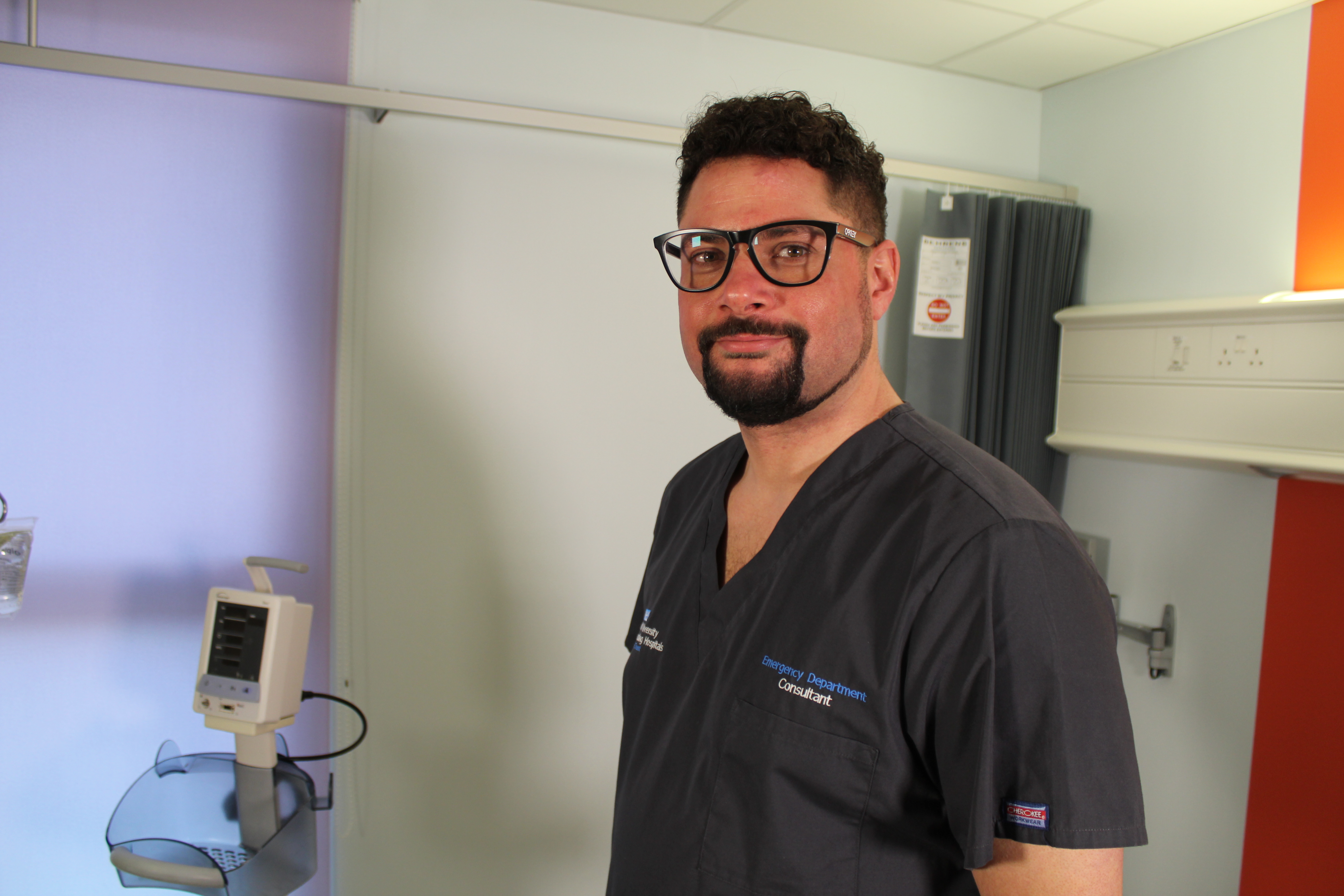Work has begun on the construction of a £150,000 Health and Wellbeing Centre funded by some of the £33m raised for the NHS by Captain Sir Tom Moore and hospitals’ charity WISHH.
The centre next to Nightingales Restaurant at Castle Hill Hospital will be open by the end of May to offer hospital staff a safe haven to relax and recuperate.
Supporting the work of Up, the trust’s health and wellbeing programme, the new centre will also feature flexible space for exercises classes including Pilates and yoga, Tai Chi and toning as well as other activities including craft and woodwork sessions and foreign language classes.
Simon Nearney, Director of Workforce and Organisational Development, said: “Our staff have endured a huge amount in the past year because of the pandemic and this is just one of the many things we’re doing to look after them while they’ve been looking after everyone else.
“Our new health and wellbeing centre will be a place for them to reflect, recharge and reset, whether that’s having some time to rest and unwind in one of our relaxation pods or taking part in a sunrise yoga session.
“We’d like to say a huge thank to WISHH, all those who fundraised to support our hospitals during the pandemic and the family of Captain Sir Tom for allowing us to develop such a wonderful facility for our staff.”
Captain Sir Tom, who died earlier this year, won the hearts of the nation and the gratitude of all of us in the NHS after he walked 100 laps of his garden at his home in Bedfordshire before his 100th birthday, eventually raising £33m for NHS Charities Together during the first national lockdown.
NHS Charities Together, the charity supported by Captain Sir Tom, allocated £72,000 to the trust while WISHH’s Covid-19 Appeal, supported by the public, businesses and charities in Hull and the East Riding, will fund the remaining £78,000 as one of its long-term legacy projects to support staff at Hull Royal Infirmary and Castle Hill Hospital.
Sue Lockwood, Chair of the WISHH Charity, said: “Since WISHH launched the fundraising campaign at the start of the pandemic, we have worked closely staff to see how we could support them during and beyond Covid-19.
“We rely heavily on them for our healthcare and never more so than in recent months.
“This new facility will give the staff much-needed space and opportunity for rest and relaxation, and provide ways to address their own wellbeing.”
Mrs Lockwood said the long-term aim was to create a second health and wellbeing centre at Hull Royal Infirmary.
She said: “The Castle Hill project would not have been possible without the generosity of our local communities and that put us in the position to be able to secure an additional £72,000 through NHS Charities Together.
“We are immensely grateful to NHS Charities Together for the grant and to our local supporters helping us to make a difference to the outstanding people who provide our care.”

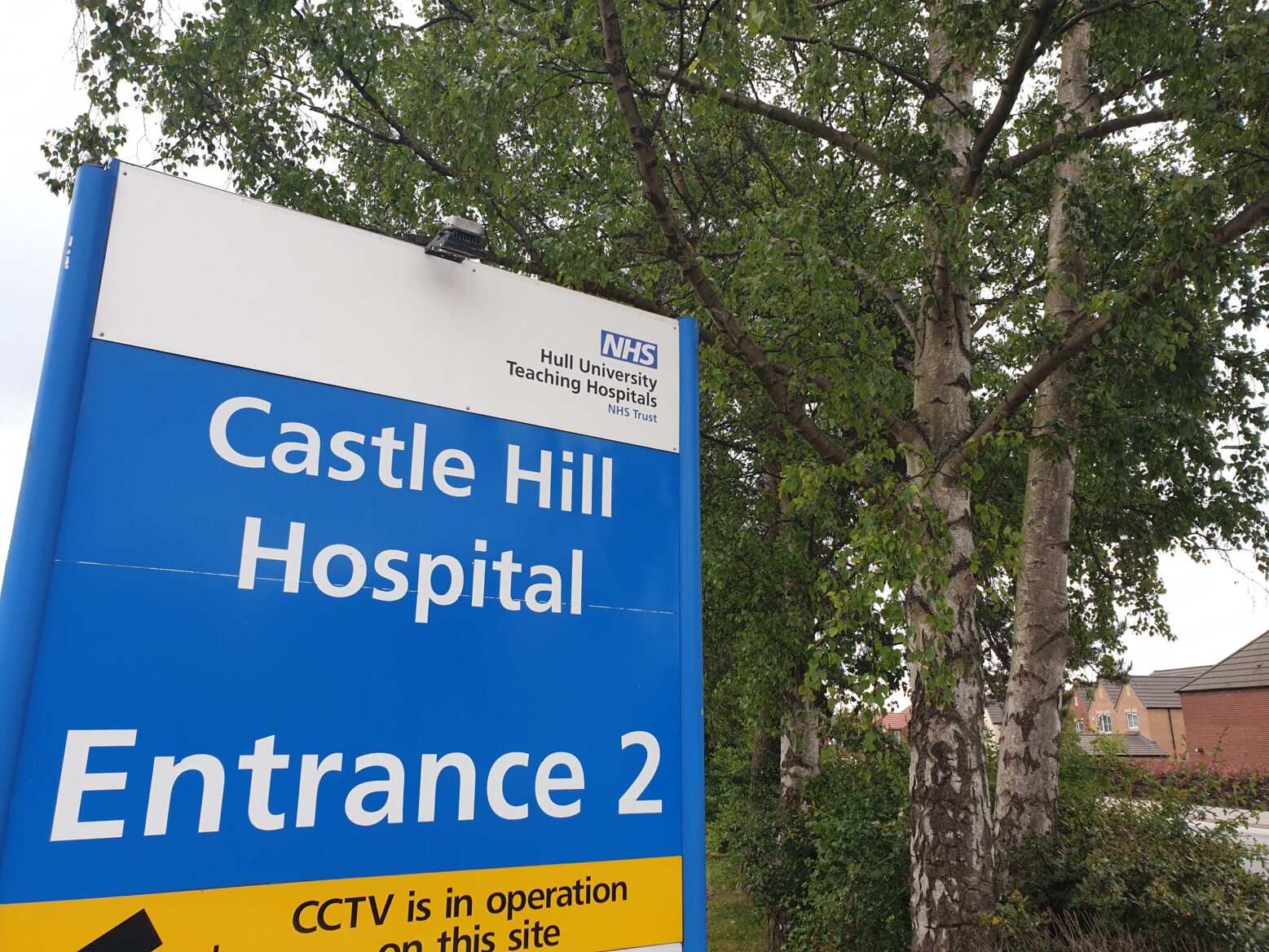
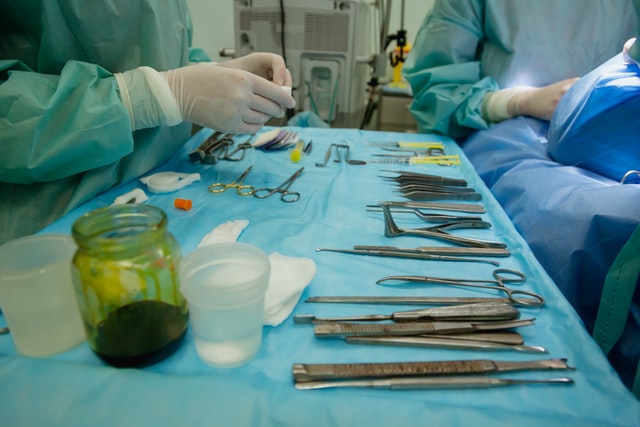
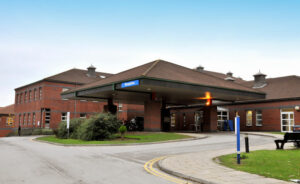
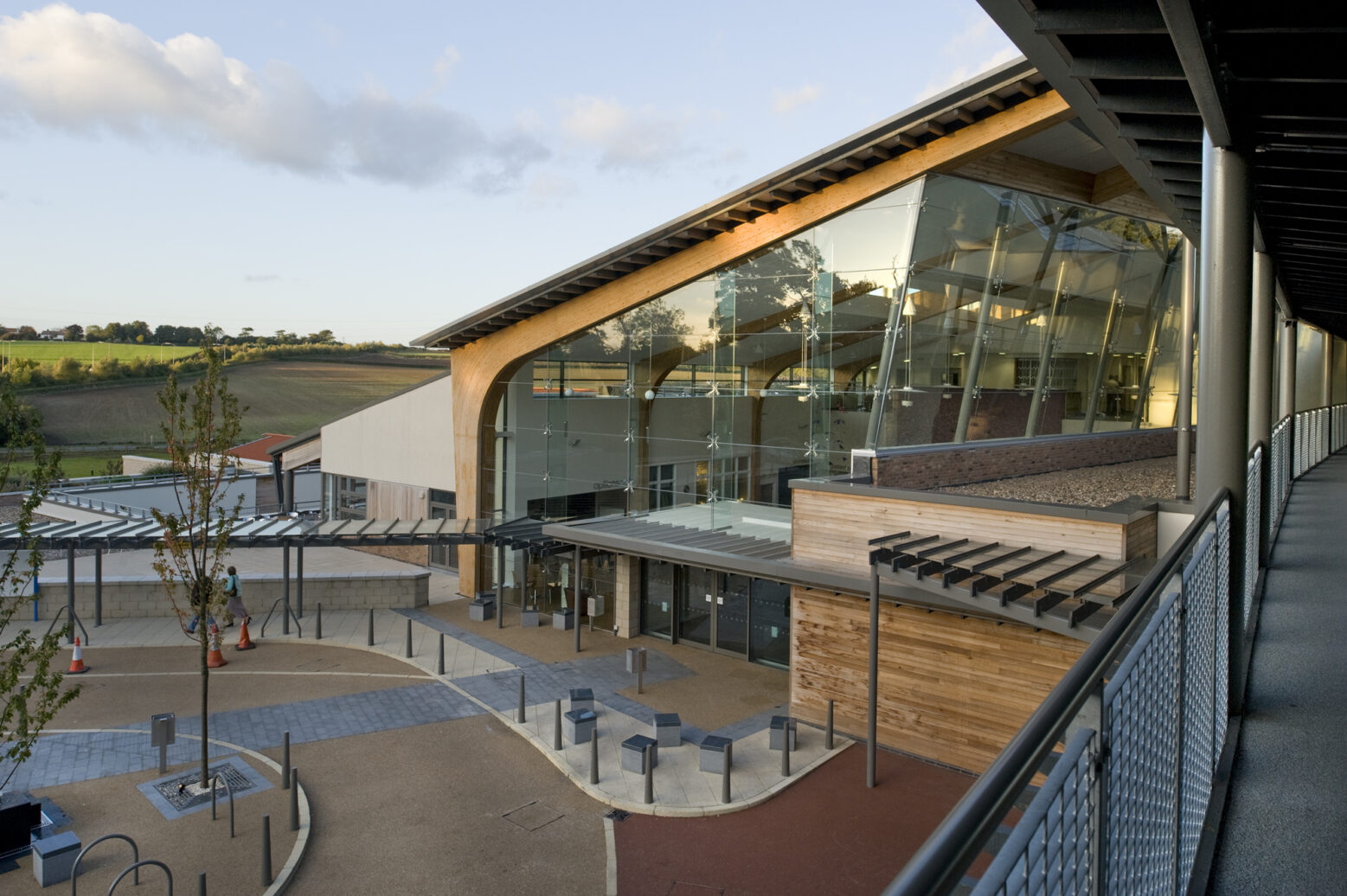
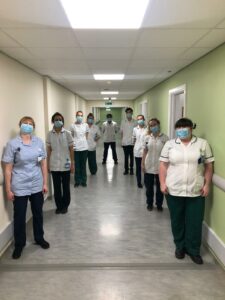 Clinical Lead Physiotherapist Vijo Mathew has paid tribute to his team for their flexible and willing approach in response to the demands of the pandemic.
Clinical Lead Physiotherapist Vijo Mathew has paid tribute to his team for their flexible and willing approach in response to the demands of the pandemic.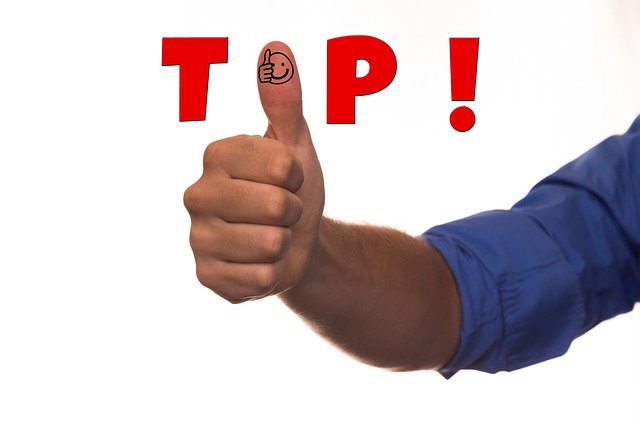
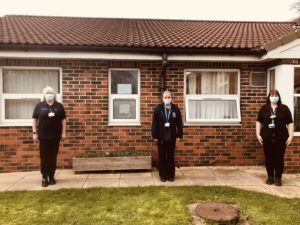
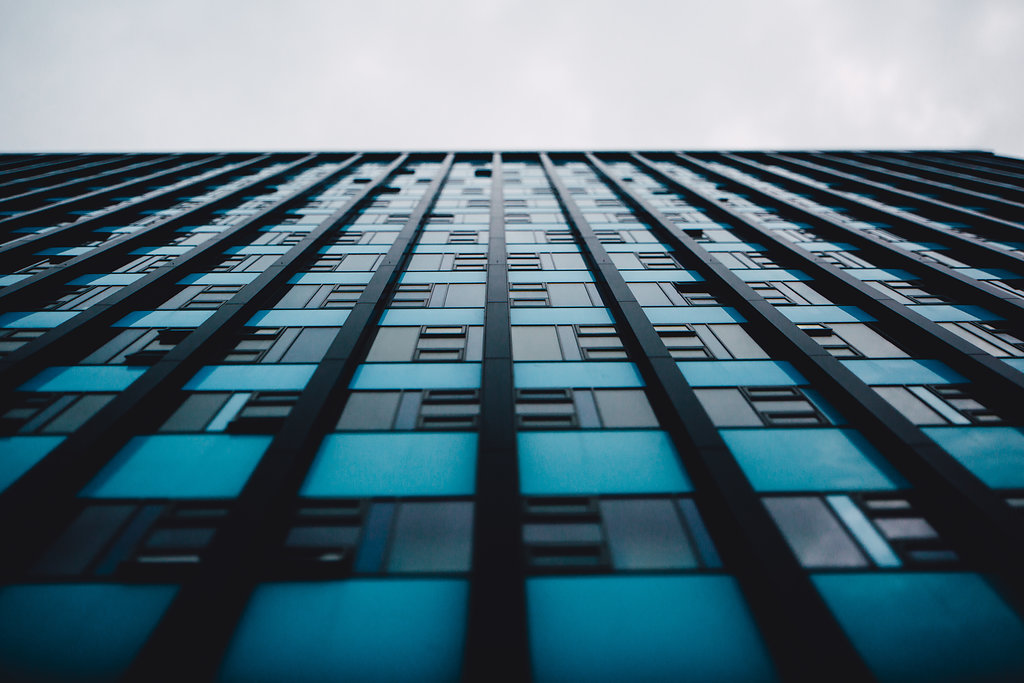
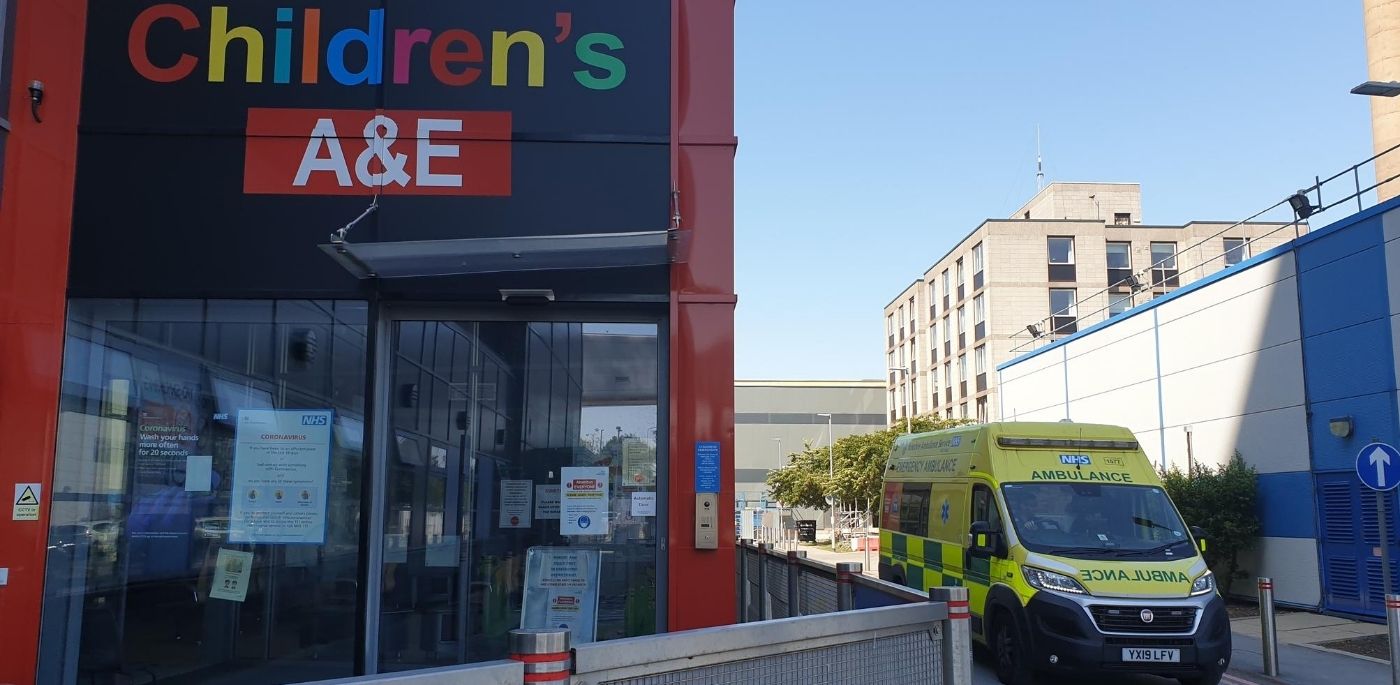
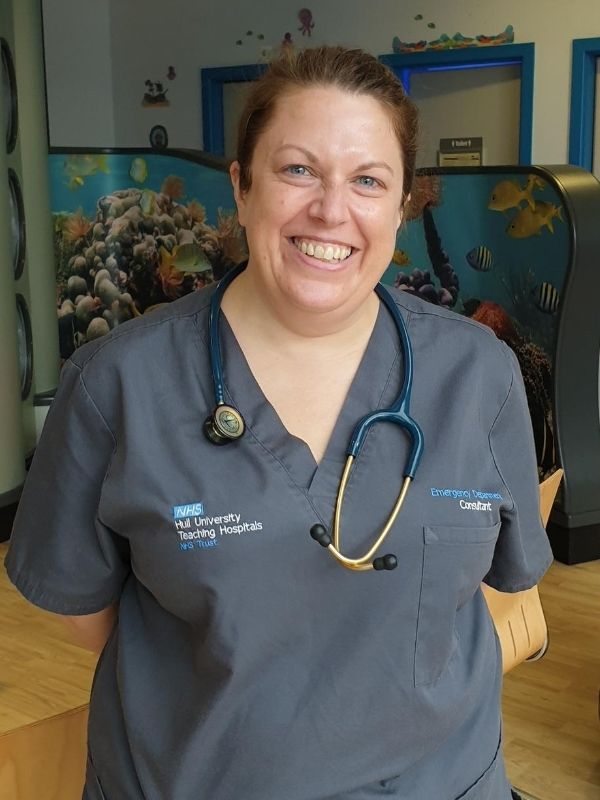
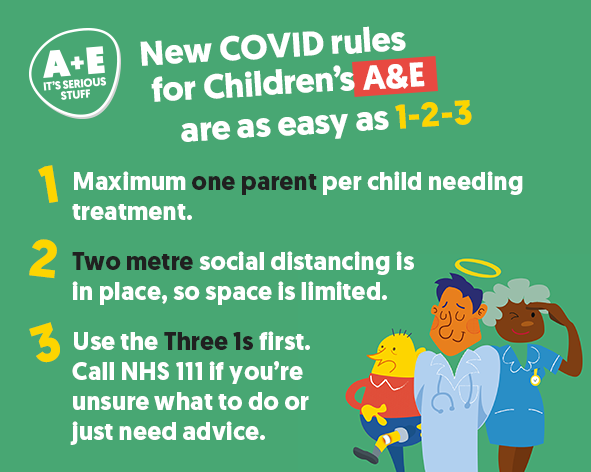
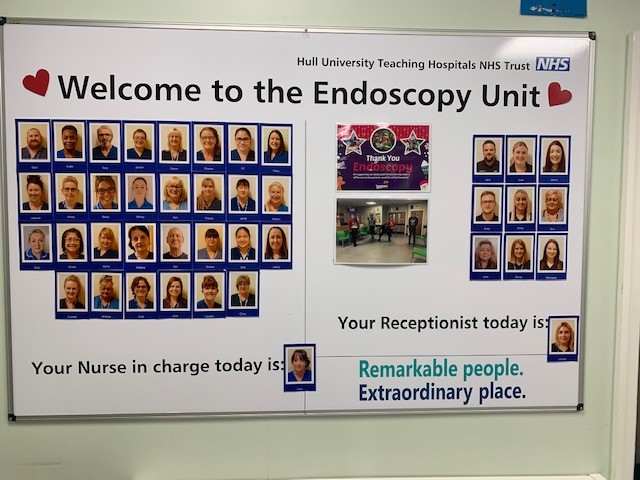
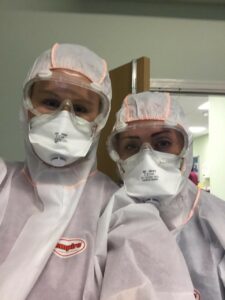
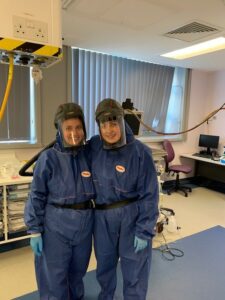 Today, Lucy Holgate, Sister in Endoscopy, said: “The team carry out what are known as aerosol-generating procedures (AGPs), which carry the risk of generating droplets of the virus if someone is infected, so every member is required to wear high level PPE on a daily basis.
Today, Lucy Holgate, Sister in Endoscopy, said: “The team carry out what are known as aerosol-generating procedures (AGPs), which carry the risk of generating droplets of the virus if someone is infected, so every member is required to wear high level PPE on a daily basis.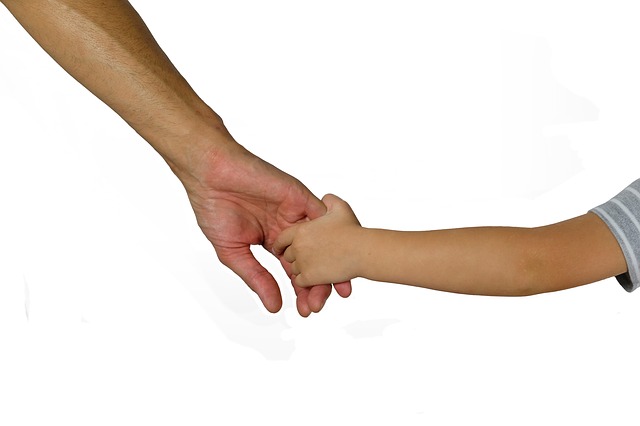
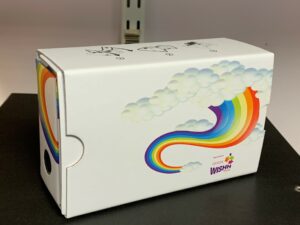 Consultant Anaesthetist Dr David Wright, Director of Simulation at Hull Institute of Learning and Simulation (HILS), said the app has been developed to ease any fears and worries young people may have if they have to come to hospital.
Consultant Anaesthetist Dr David Wright, Director of Simulation at Hull Institute of Learning and Simulation (HILS), said the app has been developed to ease any fears and worries young people may have if they have to come to hospital.